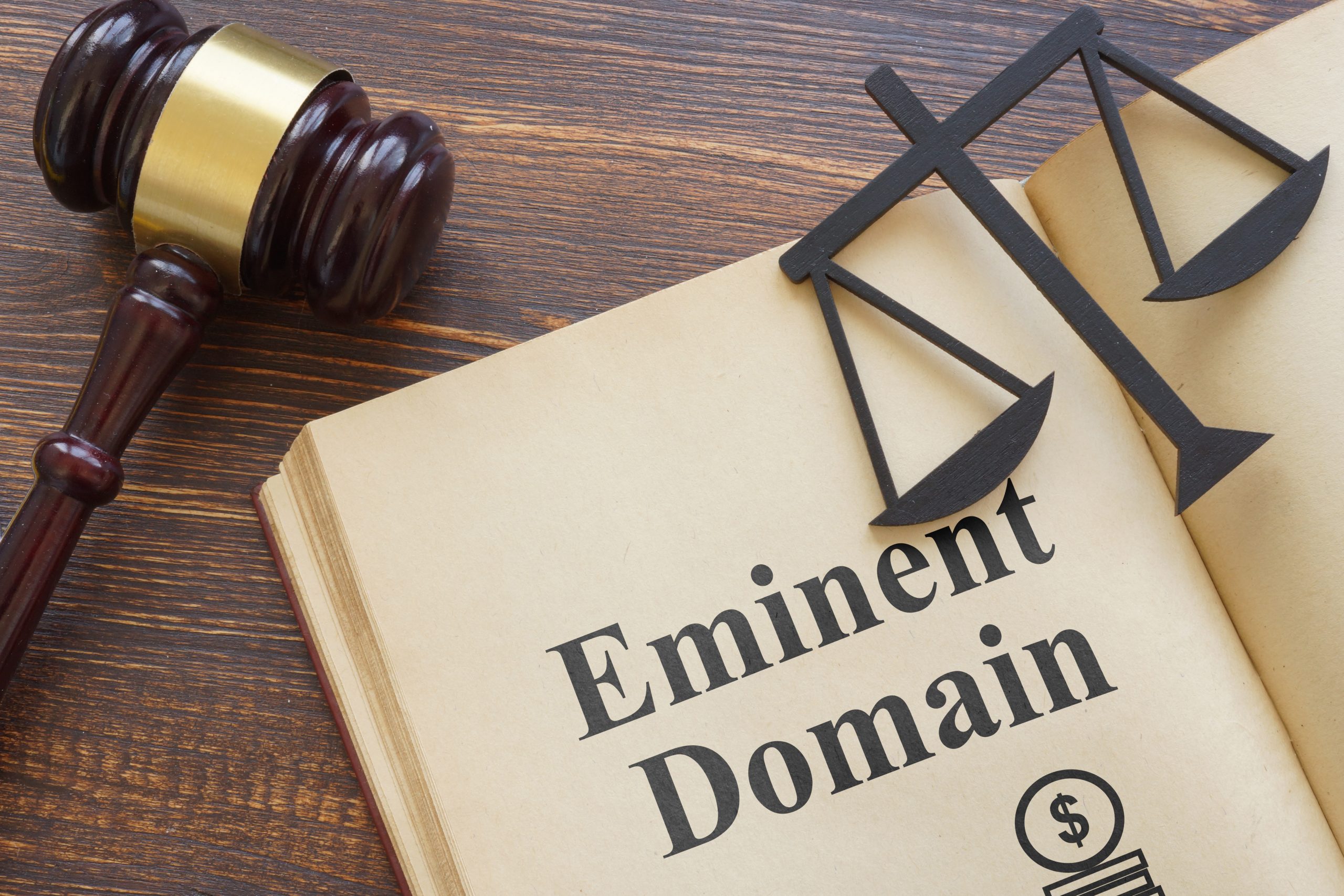Eminent Domain in Tennessee: The Good, the Bad, and the Ugly
Eminent Domain is a power that allows governments to take private property for public use, with the owners being justly compensated. This practice has been a part of Tennessee’s laws for centuries, and it has created both positive and negative effects on the state. In this blog post, we will examine the good, the bad, and the ugly aspects of Eminent Domain in Tennessee.
What is eminent domain?
Eminent domain is the right of the government to take private property for public use without the permission of the owner. It is also known as condemnation, and it is a power held by all levels of government in the United States. The government must provide fair compensation to the owner in exchange for their property, but ultimately the power of eminent domain allows the government to acquire land and other assets that may be needed for public projects such as roads, schools, and parks. In Tennessee, the government is able to exercise its power of eminent domain through various statutes and rules, which are established by state law.
How does eminent domain work in Tennessee?
The government initiates condemnation proceedings when it has identified a property that it wishes to acquire and issues a Declaration of Taking. After the Declaration of Taking has been filed, the owner of the property being taken is entitled to receive just compensation for their loss. The process of condemnation in Tennessee requires the government to demonstrate that the taking of private property is necessary and that the public purpose for which it is being taken is legitimate. If the court finds in favor of the government, then it will issue an order of condemnation, authorizing the taking of the property and awarding just compensation to the owner.
The good: some benefits of eminent domain
Eminent domain can be a useful tool for improving infrastructure and the quality of life in Tennessee. For example, eminent domain can be used to acquire land for building roads, schools, or other public facilities. It can also be used to increase access to essential services, like hospitals and fire stations. In addition, it can help to ensure that local businesses are able to stay competitive by providing them with access to resources they would otherwise not have.
Furthermore, eminent domain allows for important redevelopment projects that could revitalize neighborhoods or even entire cities. It can also be used to improve the environment by making land available for parks and green spaces. Finally, it can be used to acquire blighted or abandoned properties, which can then be sold to developers who will bring new life to the area.
Overall, eminent domain has many potential benefits for Tennessee, but it must be used responsibly and in the right circumstances. When done properly, it can be a powerful tool for improving infrastructure and quality of life in the state.
The bad: some drawbacks of eminent domain
Eminent domain is a powerful tool, and with great power comes great responsibility. Unfortunately, that responsibility is often overlooked when it comes to Tennessee’s use of eminent domain.
One of the major drawbacks of eminent domain in Tennessee is that landowners are often not adequately compensated for their land. In the case of private development projects, the developer often has significant influence over the amount of money offered to the landowner. As a result, the amount of compensation can be well below fair market value.
In addition, there have been cases of abuse of power in relation to Tennessee’s eminent domain laws. For example, in 2014, the state government proposed a plan to seize over 4,000 acres of private land for the purpose of constructing a new highway. The proposal outraged many residents, who argued that the land should not be taken from them without sufficient cause or compensation.
Overall, Tennessee’s use of eminent domain can be beneficial when used responsibly and with fair compensation. Unfortunately, there are cases where this is not the case, and landowners can find themselves at a disadvantage when it comes to negotiation. It is important to understand the law surrounding eminent domain and to ensure that all parties are treated fairly and appropriately when it comes to negotiations and compensation.
The ugly: some controversial eminent domain cases
When it comes to eminent domain, the state of Tennessee has had its fair share of controversial cases. In 2002, the U.S. Supreme Court upheld a Tennessee law allowing the state to seize private land and give it to a private developer for commercial development. The case, called Kelo v. City of New London, opened up a whole new debate on whether or not local governments should be allowed to take private property away from citizens to benefit private entities.
In 2013, the Tennessee Supreme Court sided with landowners who claimed the state had taken their property without due process of law and was in violation of their rights. The case involved a piece of land that was seized by the state for road construction and given to a private company for development.
In 2016, a Rutherford County judge ruled in favor of a family that had sued the city of Murfreesboro over its plans to take their property for an industrial park. The judge ruled that the city did not have the legal authority to take the land for the project, even though it had obtained an eminent domain order from the court.
These cases demonstrate the need for caution when it comes to using eminent domain powers in Tennessee. Property owners need to make sure their rights are respected and that the state is using its powers appropriately. There should also be limits on what the state can take away, and how much they are willing to pay for it. Ultimately, it’s important that individuals understand their rights and speak up if they feel they are being treated unfairly.

